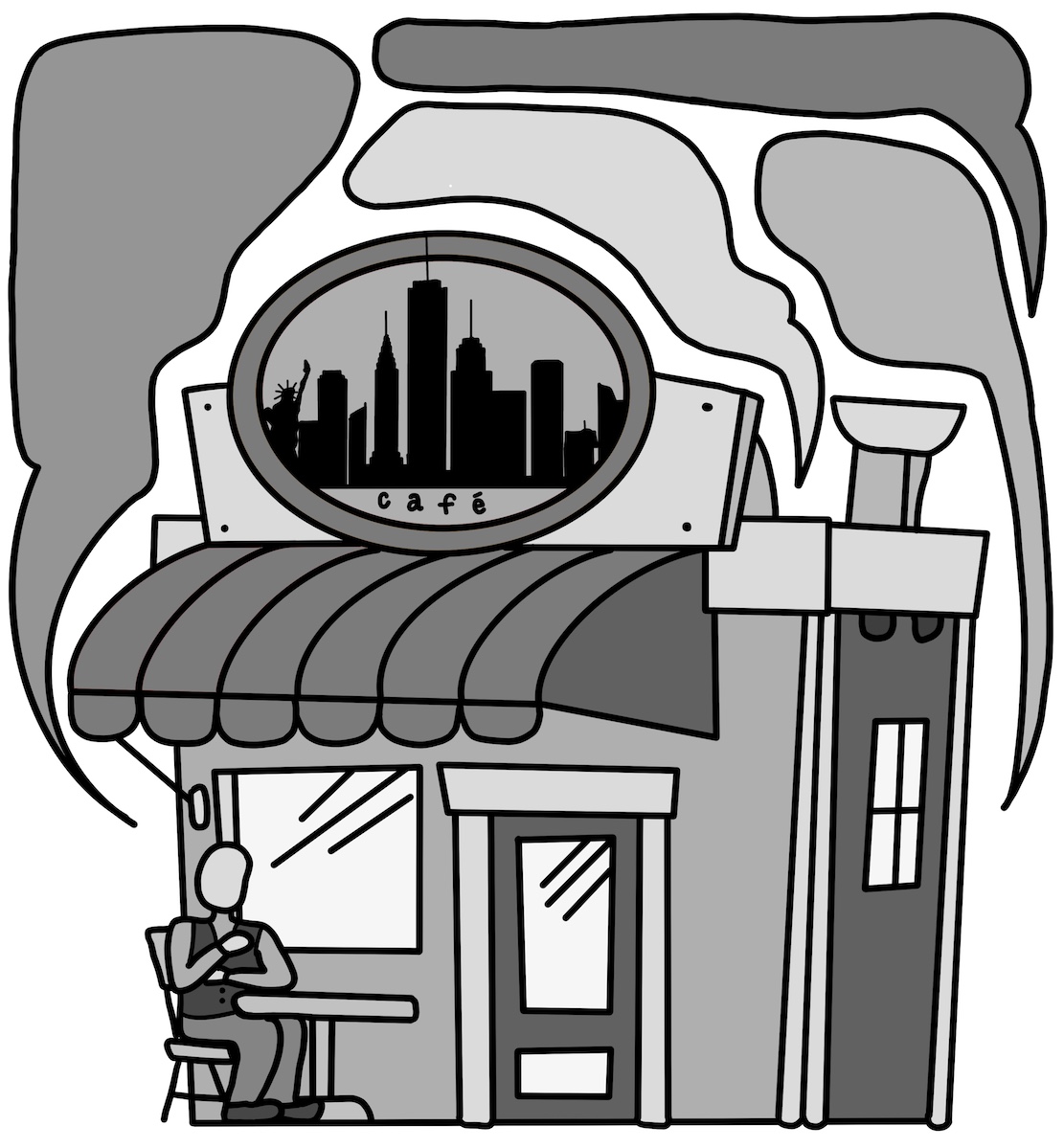‘The Heart is a Lonely Hunter’ review : ‘Between bitter irony and faith’
September 17, 2021
 Sophie Lipset
Sophie LipsetSet against the backdrop of a Depression-era mill town in Georgia, Carson McCullers’ “The Heart is a Lonely Hunter” sees four characters, all alone, trapped in the jumbled series of wants, resentments, plots, worlds of their own making.
There is Mick, tomboyish, dreaming of taking lessons so that she may learn to compose music. There is Jake, labor agitator, often seeking and never finding between bouts of drunkenness another who ‘knows’ as he does. There is Doctor Copeland, dignified and well-read, who engrosses himself in Black liberation through his studies and finds that he can no longer understand his children, his people. There is Biff, owner of the New York Café, always watchful, always contemplating the same question as the faces go by: why?
Each struggles with feelings of isolation, the sense that no one shares their concern: this much they all have in common. Yet no one is able to see this, and they go about their everyday lives, encountering each other in everyday situations—at the café, on street corners and staircases—with no light of recognition in their eyes. Each of them turns instead to John Singer, a deaf man who works as an engraver and understands speech by reading lips. Because he does not speak, Singer rarely interrupts, and the others—rather ironically—come to view him as a good listener.
In his silence each is free to project attributes and beliefs onto him. Mick, for one, believes that Singer understands music, while Jake thinks that he is sympathetic to the cause of labor. To each, Singer represents the One, godlike almost, to whom they could speak their hearts freely, who understands no matter what, who confirms their existence wholly and unconditionally. Only Biff, ever so perceptive, suspects that Singer is not what everyone wants him to be. The irony is that Singer, too, is beset by loneliness, always dreaming of Spiros, his deaf friend who has been put in an asylum. Singer knows that Spiros cannot read but still regularly sends him letters. He imagines to himself that he is mistaken about Spiros, even if he never gets a reply. Singer, in the end, is not so different.
And this, I think, is the heart of the tragedy: each character sees only what they want to see in the others. The characters never communicate—they simply talk past one another. A particularly poignant scene involves a conversation between Jake and Copeland about social injustices. Jake is most concerned with class, while Copeland finds that race is the most pressing issue. Though the two agree on just about everything—the exploitation of labor, the structural racism that is endemic to Georgia and more, they are both too quick to dismiss the other’s position as being ridiculous and eventually part on bitter terms, trading insults in the meantime.
So many times the characters come close to making a connection, but there is always something in the way—some stubbornly held preconceived notion about the other present—that prevents that from happening.
It would be easy—too easy, almost—for McCullers to turn these characters into objects of satire. (Though some of the characters do verge on the ridiculous: Copeland, for one, names one of his sons Karl Marx. That son prefers to go by Buddy.) Apart from Biff, the characters are so caught up in their own narratives that they rarely stop to self-reflect. They’re all so sure of themselves, but the sureness seems so desperate, as if they can’t afford to lose the narratives that give shape and meaning to their lives.
The novel never attempts to satirize them, however, and when reality eventually comes to hit every one of them and things start crashing down, the sentiment is one of lament and anger at the vast injustices of the world. This is not a book that goes easy on its characters.
Even so, the novel doesn’t truly despair. We see in it that parts of life—Beethoven’s music, for example, or the smell of perfume—can be genuinely wonderful, too. What are we to make of it all? Is this world a good place or a bad place? Are we to turn away from it or to embrace it, injustices and all?
The answer, of course, is far more complicated than simply either. Literature often works best in terms of ambiguities, and it takes a certain naiveté to see the world in such stark terms. McCullers treads the line, as she writes, “between bitter irony and faith,” and she treads it well—the result is an absorbing novel.

Comments
Before submitting a comment, please review our comment policy. Some key points from the policy: